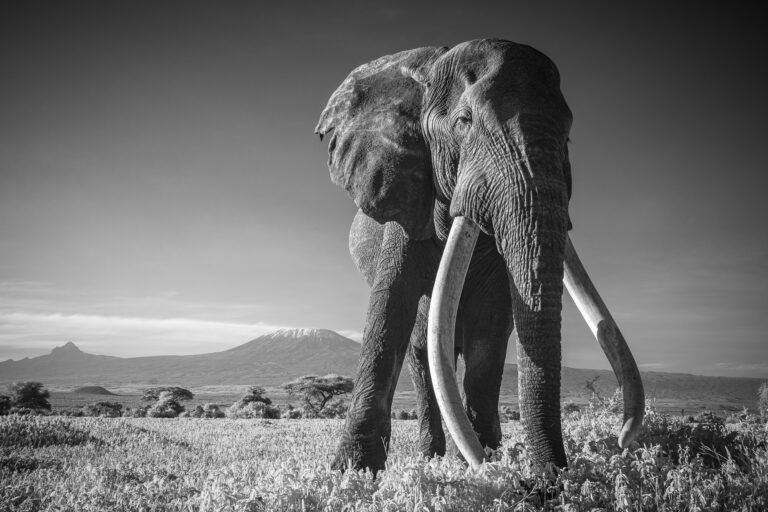
Share
Interview with Jason Bradley; Images by Jason Bradley | March 2025
Photography workshops offer a unique opportunity to refine your photo skills, explore stunning locations, and connect with like-minded creatives. We spoke with Wild Eye’s Jason Bradley, a seasoned photography expedition leader with 15 years of experience, to discuss why he believes workshops are an invaluable experience for photographers.
Here are Jason’s essential tips to follow before you sign up for your next photography workshop.
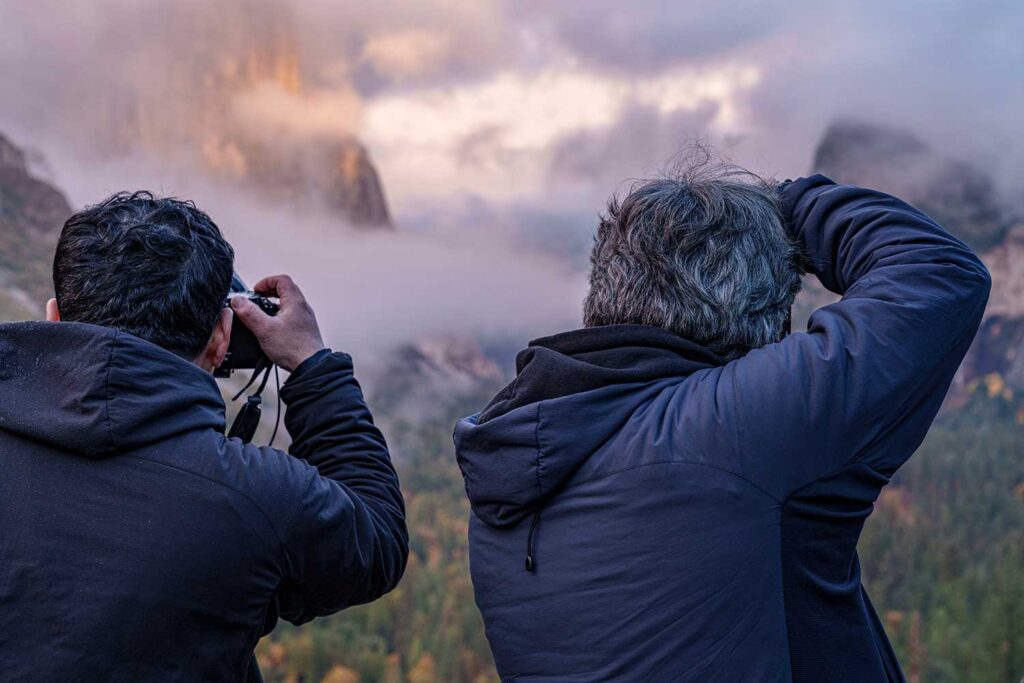
Photography workshops come in many shapes and sizes and can take you across diverse landscapes — from African safaris to nightscapes and underwater photography. These trips aren’t just about capturing stunning images; they serve as a gateway to deeper connections with nature, people, and the world around us.
“Many participants seek more than just technical improvement — they crave a sense of connection and wonder through photography,” Bradley explains.
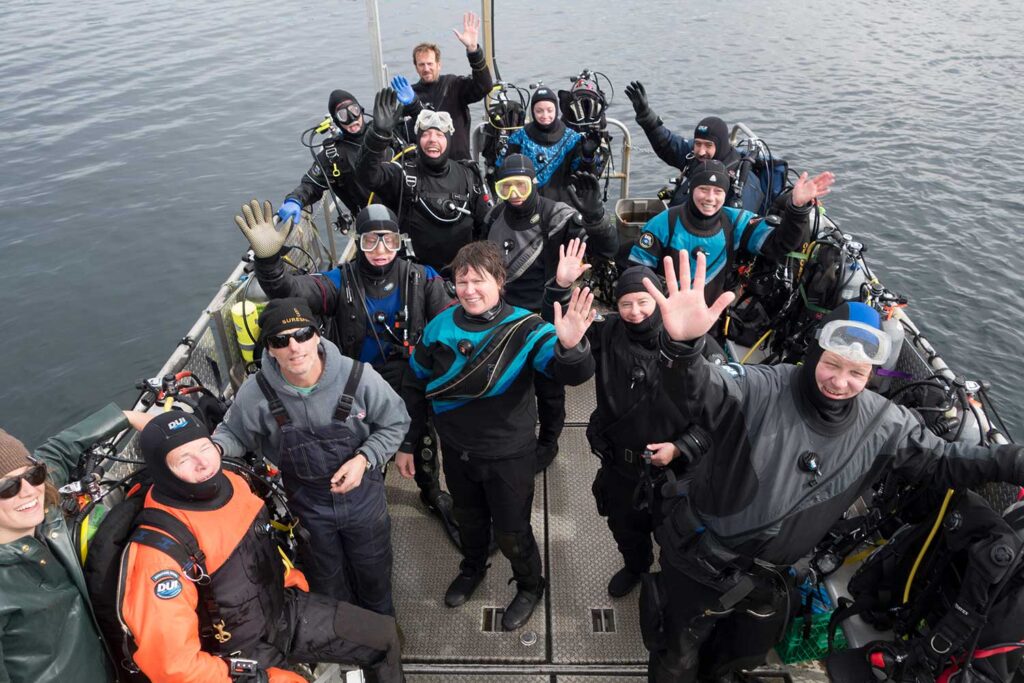
Workshops offer two major advantages that self-guided trips often lack:
Tailored Itineraries for Photographers – Unlike standard tours, photography workshops are structured to maximize opportunities for capturing the best possible shots at optimal times.
The Power of Group Learning – Engaging with a community of photographers fosters inspiration. Seeing how others interpret the same scene with similar gear broadens creative perspectives.
“Every workshop, I learn something new from my students—it’s a dynamic exchange,” says Bradley.
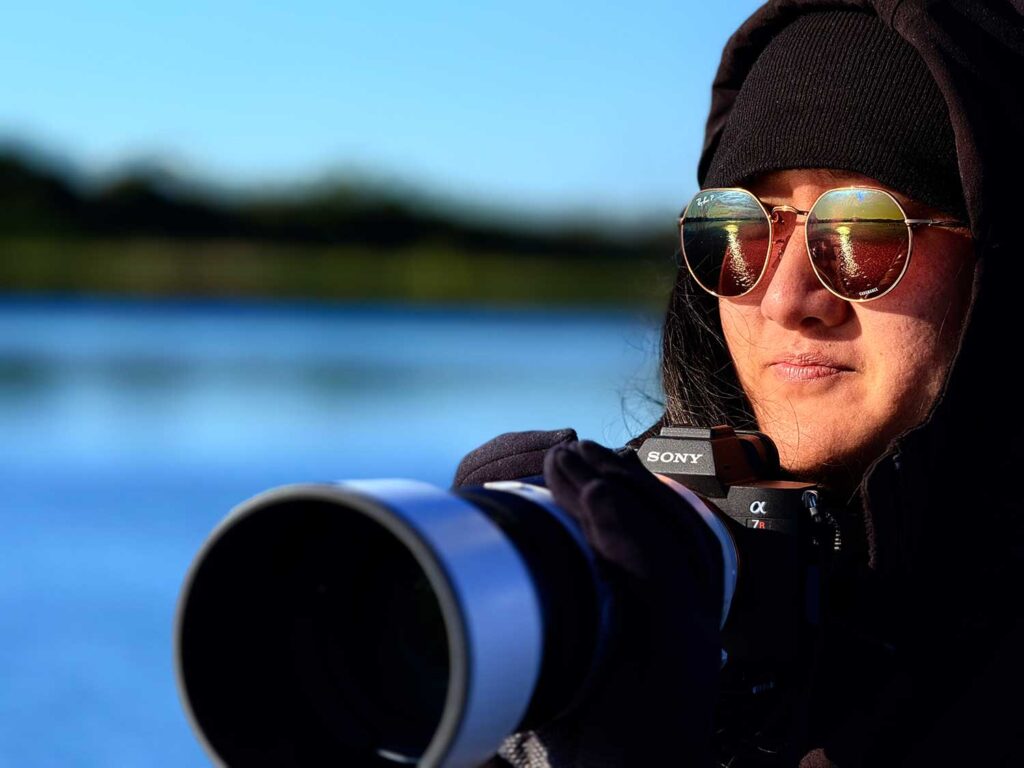
The format of a workshop can vary based on the location and conditions. Some key elements include:
Image Reviews & Critiques – Workshops often incorporate structured feedback sessions during which participants share both successful and challenging shots for discussion.
Adapting to Remote Locations – In areas with limited technology, critiques may be informal, but peer sharing remains invaluable.
Conceptual & Technical Guidance – Whether in a bustling city or deep in the wilderness, workshops offer insights on composition, exposure, and artistic storytelling.
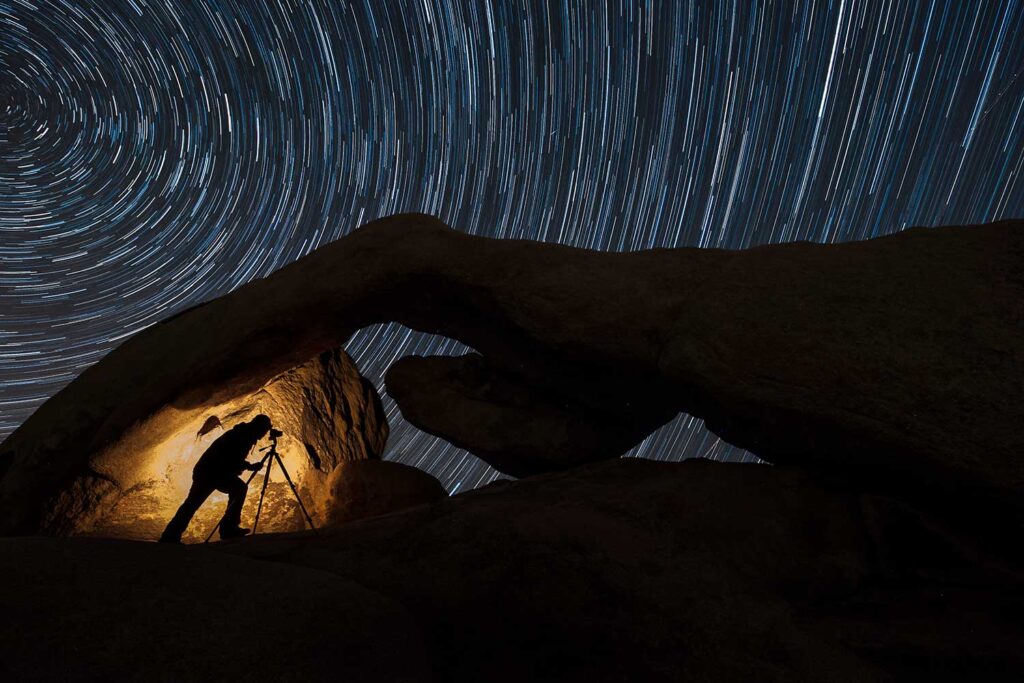
One of the most valuable technical takeaways from Bradley’s workshops is the importance of fully utilizing digital RAW workflows. Many photographers still approach digital photography with a film mindset, which can be limiting.
RAW Processing Unlocks Creativity – Unlike film, RAW allows for creative decisions long after the image is captured, giving photographers the flexibility to refine their vision over time.
“With RAW, you’re not locked into a single vision — you have unlimited creative possibilities,” Bradley emphasizes.
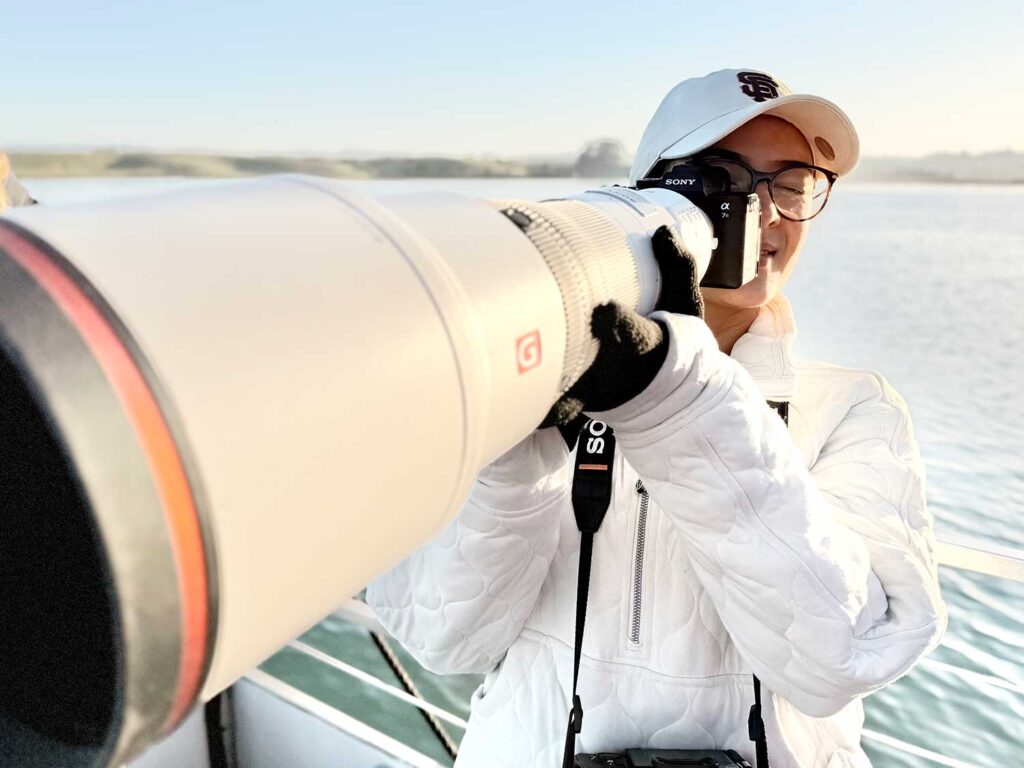
Beyond technical skills, great photography requires mindful observation. Bradley stresses the importance of slowing down and engaging deeply with your surroundings.
Study the Scene – Understanding light, shadow, and movement leads to stronger compositions.
Learn Wildlife Behavior – Anticipating animal patterns helps capture more compelling wildlife shots.
Be Present – Photography is more than pressing a shutter — it’s about experiencing the moment fully.
“The nature of professional wildlife photography has changed dramatically, but the essence of connecting with the environment remains timeless,” Bradley shares.
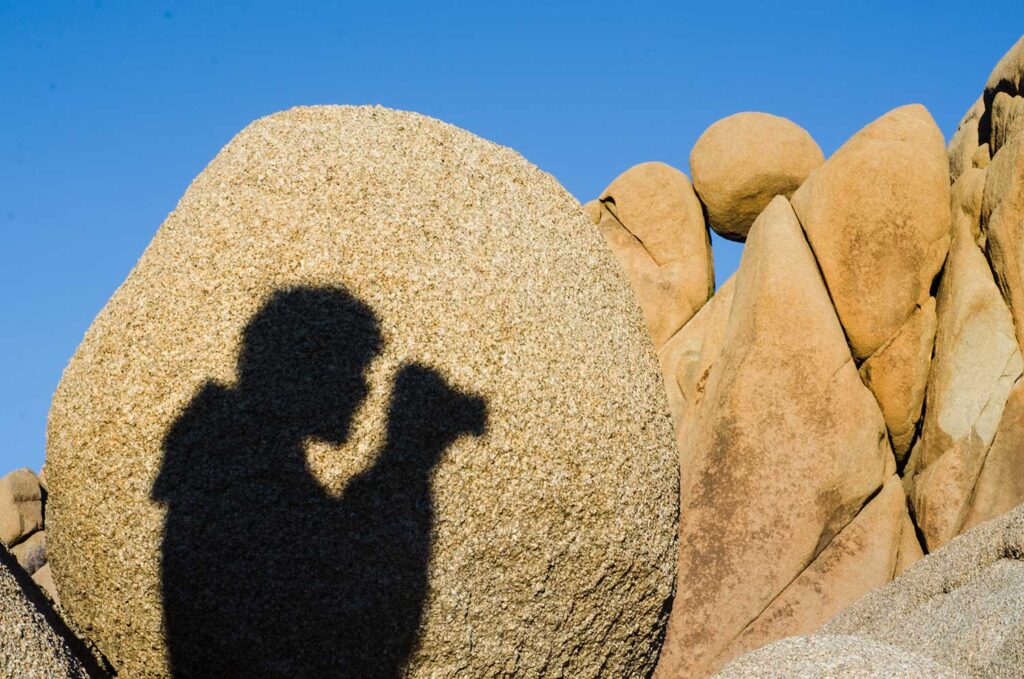
Attending a photography workshop can be a game-changing experience, but your mindset and preparation play a crucial role in making the most of it. Here are five essential tips to ensure a rewarding workshop:
By taking ownership of your experience and planning wisely, you’ll not only capture incredible images but also walk away with lasting memories and valuable lessons.
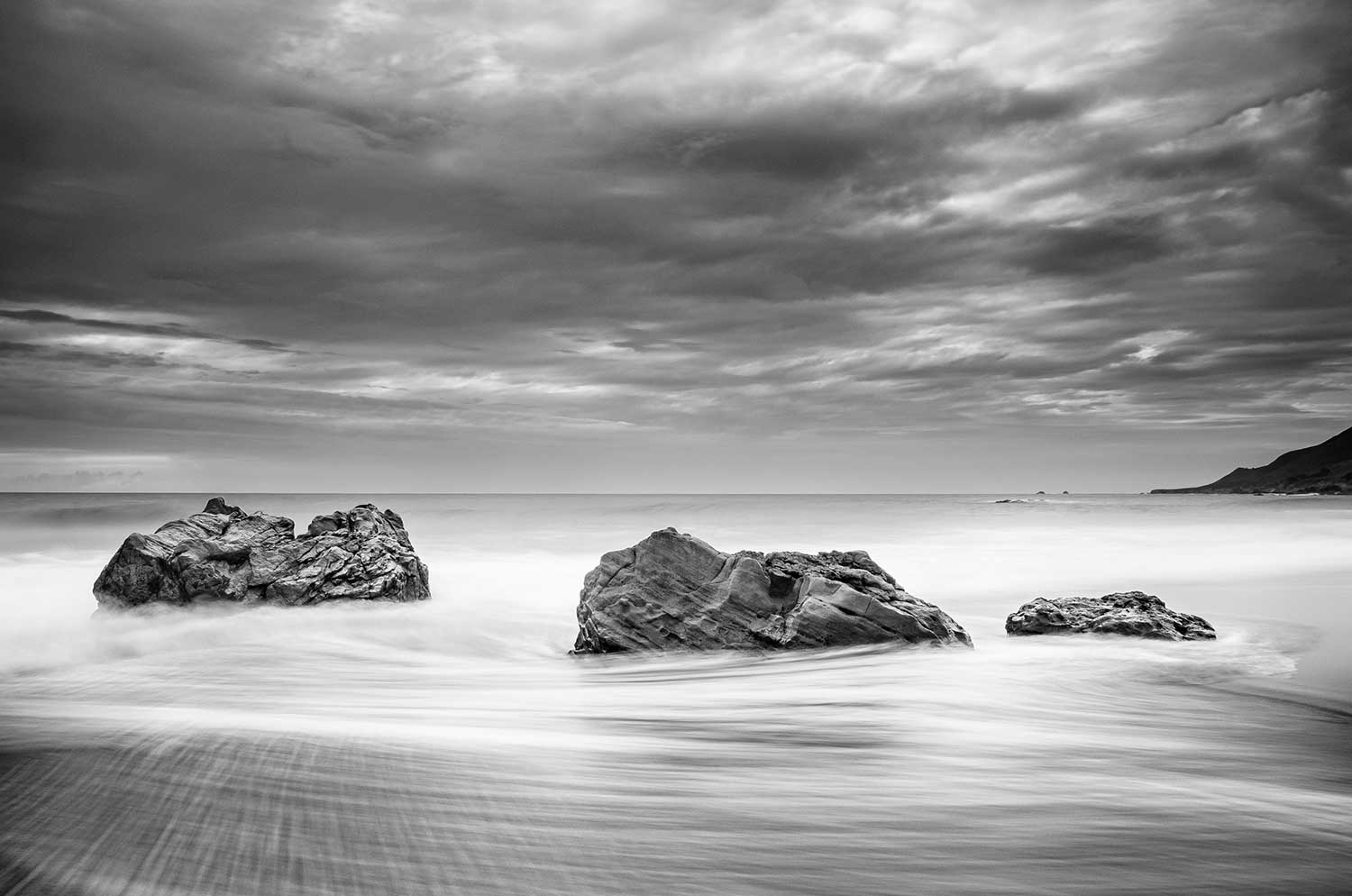
Photography workshops aren’t just about learning new techniques — they’re about experiencing the world through a new lens. Whether you’re a beginner or a seasoned photographer, a well-structured workshop can elevate your skills and inspire deeper creativity.
Looking for your next photography adventure? Consider joining a workshop tailored to your interests and embrace the transformative power of photography.
Get Annual Subscription